As I write, the Save the Reef documentary I’ve been telling you about for several months has 2,621,282 views. That’s a phenomenal number for any YouTube video. For an environmental documentary, it’s fantastic. Outstanding. Inspirational. My goal is to save the world from environmental degradation.
But it’s not enough.
You read that correctly.
When a 10-minute video of the ‘best wedding proposal ever’ (seriously?) with 544K views is trending…
… but our documentary that could literally change our planet’s future is NOT…
… something is wrong.
Our priorities are skewed. And we need to do something about it.
Table of Contents
“50 Minutes to Save the World”
“I’m about to share an urgent message with you. Our main source of oxygen is on the verge of collapsing. Whether or not you heed the warning in these next few moments will be the difference between our survival or our extinction.” — Amir Zakeri, director and producer of “50 Minutes to Save the World”
Please understand something. Amir and the team didn’t create the documentary to be discouraging. We want to spread a message that inspires positive action. When you watch it, embrace your power. Get inspired. Step into your role as part of the solution.
Out of Sight, Out of Mind?
Do you like visiting the beach? I don’t even like putting my head under water. But what I’ve learned over the last six months has been eye-opening. I appreciate the oceans now more than ever.
The problem is the sea is full of plastic. Chemicals are killing the coral reef. We’re at a tipping point and most people aren’t even aware of the problem. Tourists visit places like Tahiti and Hawaii and everything above the surface looks just fine. But only feet below the surface the coral reefs are dying.
This is not some kind of ‘it could happen if we don’t change’ warning. It’s happening now. Coral bleaching is killing the reefs. Once the coral is dead, entire ecosystems collapse.
What Is Coral?
Corals are tiny, soft-bodied organisms related to sea-anemones and jellyfish. But here’s the thing: coral colonies — what we call coral reefs — are the foundation of huge marine ecosystems. Roughly 25% of marine species live near coral reefs. Take away the reefs and entire ecosystems die.
But it goes beyond trying to save the reefs to save the ecosystem.
Oceans provide roughly 70% of the oxygen in the atmosphere. The air we breathe depends on healthy oceans. Ocean health depends on coral reefs — they’re like the rainforest of the seas.
And they’re dying.
Again, please don’t get discouraged. Frankly, we don’t have time for that. Get inspired.
Using Social Media to Change the World
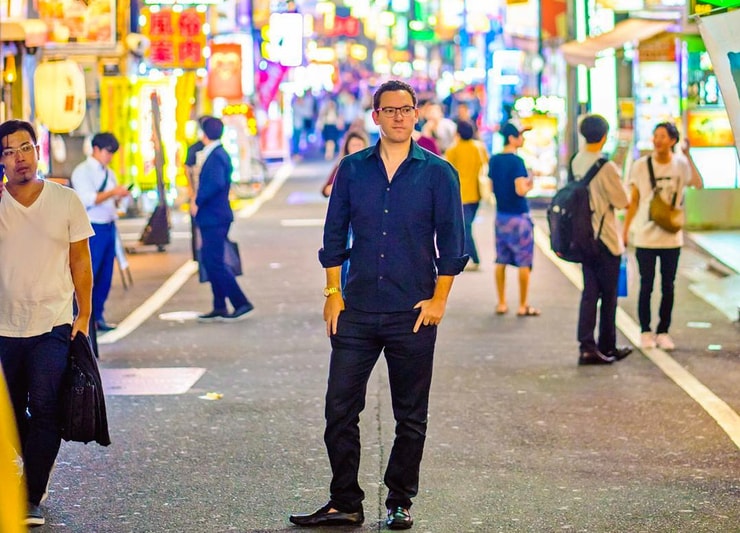
Social media is a recurring headline grabber — sometimes for the wrong reasons.
Whatever. Check this out…
There’s a positive side to social media. And I want to focus on that. I want you to focus on the positive. Because that’s how things are going to change for the better.
Mat Abad and I created Karmagawa because we understand the power of social media. Our goal is to change the world — to change how philanthropy works in the social media age.
If I share something on social media and my followers share it, then their followers and friends share it … pretty soon it’s spread far and wide. That’s cool. But we need your help. Frankly, the oceans need your help.
If you haven’t watched the documentary — do your children, grandchildren, and great-grandchildren a favor: watch it today. Now, if possible.
If you have watched it, thank you. Now share it. Spread the word. Get someone who hasn’t seen it to watch it. Every single view makes a difference.
Change Your Mindset to Change the World
Look, I’m straight up — you know that. I haven’t always had the mindset to change the world.
I admit — there was a time I was driven by money. I just wanted to get rich. After I got rich I wanted to show it off to any and all. But I’ve evolved. I think about money in a different way. Check out my recent Instagram post. (Be sure to swipe right see how my priorities have changed.)
I hope you’ll start to think about money in a different way.
Don’t get me wrong, I want you to have all the money you need. Money can change lives. It can change your life, and it can change a lot of other people’s lives. I encourage you to get a lot of money in your account. But I also encourage you to start thinking about how you can spend it. How can you donate? What is it good for?
More Breaking News
- Market Turbulence: Is American Airlines Facing Headwinds or Tailwinds?
- Vital Farms’ Stock Surge: Is It Sustained Growth or a Temporary High?
- ChargePoint Holdings Inc. Seizes Market Momentum: Is Electric Growth Sustainable?
Money Is Cool but It Won’t Make You Happy
I spent what some consider an enormous sum of money on the “Save the Reef” documentary. I look at it this way: I did what I could with the resources under my control.
Money is more than a number in your account. This isn’t some video game. I know people like that — all they do is keep score. And they’re miserable. They hoard their money. They don’t spend it, never treat anyone, and get the biggest high out of counting it. That’s no way to live.
I hope you have enough money to live well — but don’t think of it as a video game where you’re trying to get the high score. Use the freedom money gives you to evolve.
Save the Reef: Thank You … Now Let’s Do More
As you know, this project was huge. We traveled to seven countries to witness — first hand — the state of the reefs.
If you haven’t watched it yet, do it now. Close your other browser tabs, shut down social media for the next 50 minutes, and turn off the ringer on your phone. This is important.
What We Learned During Our Save the Reef Travels
Australia’s Great Barrier Reef
The first stop was Australia. The team from Great Barrier Reef Legacy took us out to the reef. Like @theRealTarzann said in the documentary, what we saw was like a graveyard. Apocalyptic.
We learned about coral bleaching: how coral loses the symbiotic algae that produce the food they need to survive. We learned how when the coral dies you lose an entire ecosystem. We love the work Great Barrier Reef Legacy is doing so we donated $50K for a new boat they’ll use to get researchers out to the reef.
But we also got inspired by the Reef Restoration Foundation. They establish coral nurseries using small cuttings from coral that survived previous bleaching events. They attach the coral to underwater frames and grow them. From one cutting, thousands of new corals can be created.
Belize Resort Fights Back
In Belize, we show how Hamanasi Adventure & Dive Resort has eliminated ALL single-use plastic from their resort. They’ve switched to eco-friendly local sources for produce. They sell only reef-friendly sunscreen.
And we were inspired by Karim, a 12-year old boy who gets it better than most adults:
“It’s a never-ending rain of plastic. It’s really hard to clean it, but it’s not really hard to adjust your mentality. It’s everywhere, even the small little bits count. And a small thing can make a big difference.” ~ Karim, 12-year old featured in the Belize section of “50 Minutes to Save the World”
Educating Tourists in Seychelles
In Seychelles, we found inspiration from the Marine Conservation Society of Seychelles. And from our hotel: Raffles. They’ve created a snorkeling tour where they educate guests about what’s happening. And they’ve stopped using plastic straws, plastic bottles in guest rooms, and plastic bags.
South Africa: Shark Fin Soup Is for Idiots
During our visit to South Africa, we met up with the South African Shark Conservancy. They taught us about sharks — an alpha predator that defines the health of our oceans. We learned about the insane practice of eating shark fin soup. I shared about that in the South Africa edition of the Millionaire Mentor Update.
Inspired by Tahiti’s Coral Gardeners
In Tahiti, we were inspired by Coral Gardeners and their mission to both educate and take action. They collect and replant corals to regrow the reef. If you want to help them directly you can take part in their adopt a coral program.
We learned of a profound and relevant Tahitian proverb:
“When everything goes wrong in the sea, it has a destructive consequence on the land.”
Hawaii Bans Coral-Damaging Sunscreen — Inspires Others to Follow Suit
In Hawaii, we learned of two extremely poisonous chemicals in sunscreen. Chemicals you should avoid at all costs if you want to help.
What are they?
Oxybenzone and octinoxate are the big two. They destroy corals. But studies suggest other chemicals in sunscreen are harmful to coral and other sea life as well.
Hawaii is the first U.S. state to ban the use of sunscreens containing oxybenzone and octinoxate. And they’ve inspired other locations to do the same:
- Palau Bans Many Kinds of Sunscreen, Citing Threat to Coral
- Key West Wants to Put the Cap on Sunscreens in Order to Save Coral Reefs
Here’s the problem. Those bans don’t come into effect right away. Sounds insane, right? The ban in Hawaii doesn’t come into effect until 2021! That’s two more years of coral poison dumped into the Pacific.
We need to act NOW.
Heck, even Mexico is doing better. At the Xcaret and Xel-Há ecological reserves, they confiscate reef-killing sunscreens when you enter. You can have them back when you leave. But here’s a better idea: Don’t purchase them. Don’t use them. Tell others.
How YOU Can Help Save the Reef
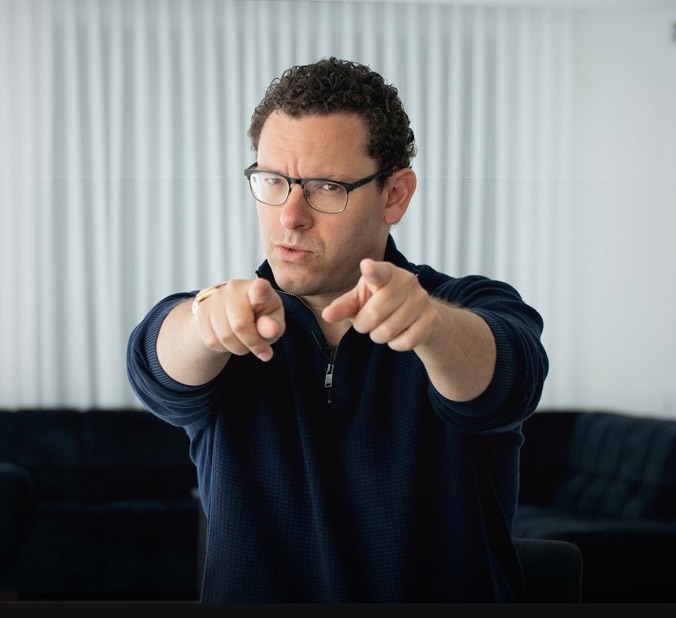
I’m asking for your help.
Frankly, if nobody is willing to do anything, we’re kinda screwed. Marine life, the oceans … I’ll go so far as to say our species. We are an endangered species given what’s happening around the world. It’s time to open your eyes, and it’s time to help others open their eyes.
These are actions to take right now:
- Watch the “Save the Reef” documentary. It premiered on June 13 in Hawaii. I wrote about the premiere and my not-so-fun back injury here. If you’ve watched it, thank you. Comment below the documentary on YouTube. Give it a like.
- Share the documentary on your social media accounts. If you’ve shared it once, share it again. (Be nice — we’re all human beings dealing with other humans. Remember, we’re trying to inspire rather than discourage. Toxic thoughts are almost as bad as toxic oceans.)
- STOP using sunscreens with oxybenzone or octinoxate. If you have them in your house, dispose of them. (Please, research the best method of disposal. Some locations have lined landfills. Other locations have specific instructions. Ten minutes of research goes a long way toward proper handling.)
- DO use a mineral, non-nano zinc oxide based sunscreen. It’s not harmful to the coral and it can’t be absorbed by the coral. This mitigates toxicity.
- Support Save the Reef on Karmagawa. Get some gear. We donate 80% of profits to charities. When you buy Save the Reef gear it goes to charities involved with this important project. (If you haven’t watched the documentary, do so. We already donated $90K to three reef projects.)
- Follow Karmagawa on Instagram
- Join the Save the Reef movement.
- Challenge yourself to minimize plastic use. Alternatives exist — use them.
- Use only natural herbicides to spray your garden.
- Keep positive, stay inspired, and spread the word. You, as the consumer, have all the power. Vote with your dollar.
Together We CAN Inspire Change
My question for you today: What will you do now? Will you go back to the ‘out of sight, out of mind’ mentality? Or will you step into your power and take action?
Remember what Karim said: “A small thing can make a big difference.”
Trader or non-trader, I hope you’ve found inspiration in this post. Please share it with others.
If you’re inspired and ready to take action, comment below with: “I’m inspired to change the world.”
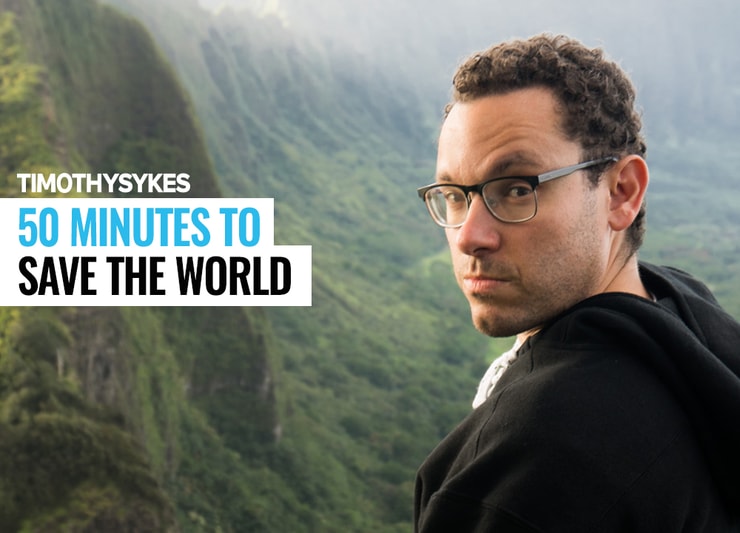

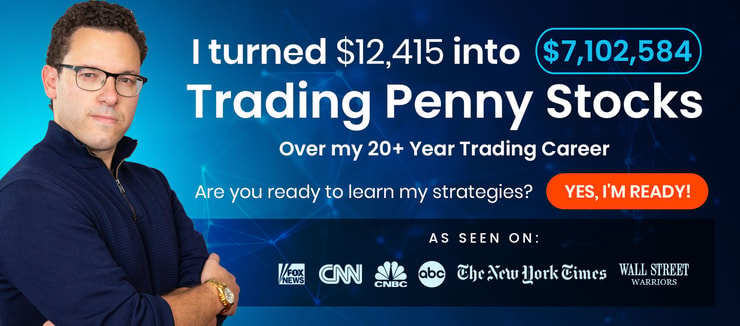

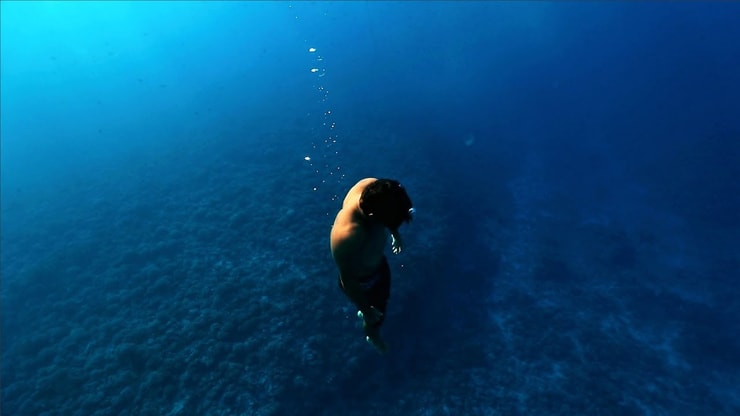
Leave a reply